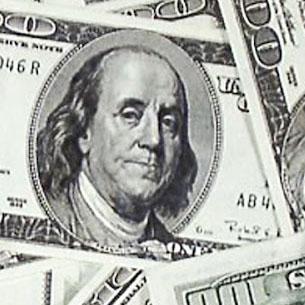A new way of cleaning grease and grime from paper currency could save old bills from the shredder and reduce the cost of printing new ones. Nabil Lawandy, research professor of engineering and physics in Brown’s School of Engineering, and his colleague Andrei Smuk describe their new way of “laundering money” in the journal Industrial & Engineering Chemistry Research. The world’s treasuries spend billions of dollars each year replacing cash that has become dirty or discolored, often due to the buildup of sebum, an oily substance produced by human skin. The researchers showed that carbon dioxide at high temperatures and pressures can remove sebum and other contaminants without removing watermarks and other anti-counterfeiting measures. Such a cleaning method could save nations some of the estimated $10 billion they spend annually to print new money.
Read more

